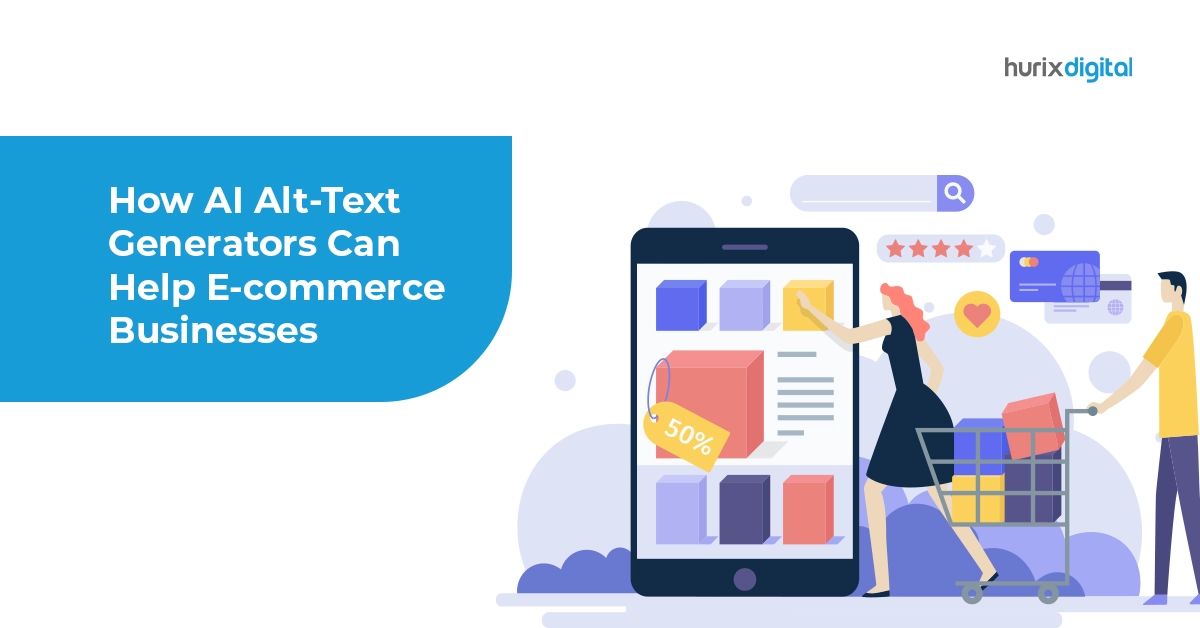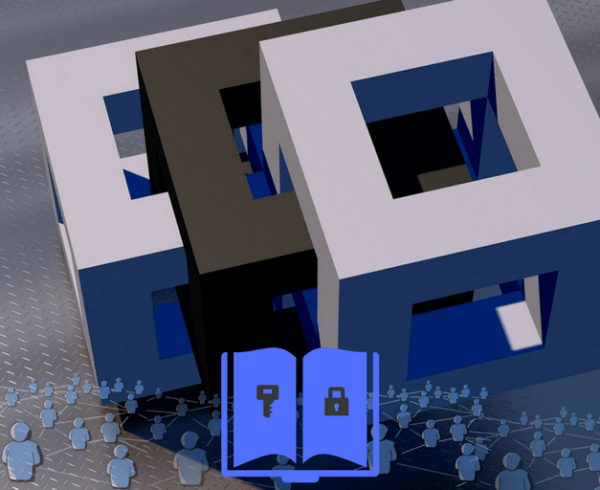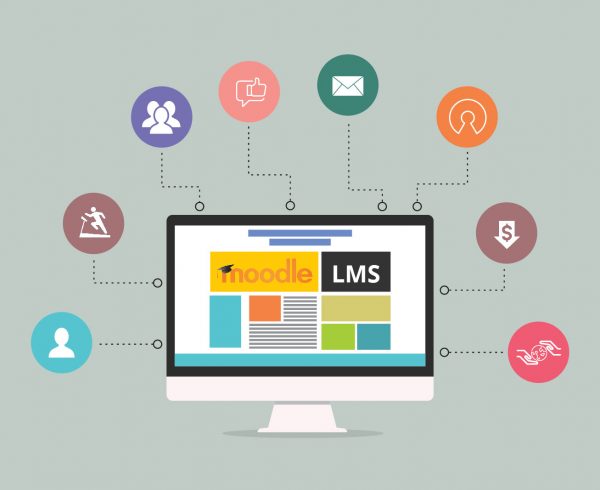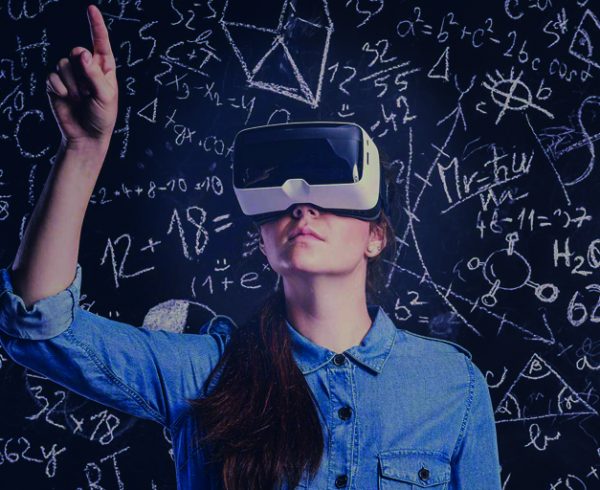Summary
This article discusses the significant impact of AI in education, focusing on the benefits of AI in education and the impact it has on student success.
The field of education has been rapidly going through radical advancements, and AI-powered learning platforms are at the forefront of this evolution. As technology continues to develop, it is reshaping the landscape of AI and education alongside it to create new and innovative solutions to aging challenges.
Traditional education can now collaborate with the cutting-edge advancements of artificial intelligence to breathe new life into classrooms and revolutionize learning.
This article discusses the significant impact of AI in education, focusing on the benefits of AI for learning platforms and their resulting student success.
Table of Contents:
- The Rise of Artificial Intelligence in Education
- The Advent of AI-Powered Learning Platforms
- What are the Advantages of AI-Powered Platforms in Education?
- How AI is Revolutionizing Higher Education?
- What are the Roles of AI in Curriculum Development?
- How Hurix Digital Helps Implement AI-Powered Learning Platforms for Student Success
The Rise of AI in Education
In recent years, the assimilation of AI in education has developed immense momentum. AI is revolutionizing traditional teaching methods, providing new opportunities for educators and students alike.
As we witness the rise of AI in education, it’s important to realize that this technological advancement is about empowering educators with tools that enhance the learning experience for their students in a meaningful manner.
In doing so, AI doesn’t act as a fading novelty; it facilitates a more engaging and personalized educational journey.
The Advent of AI-powered Learning Platforms
An AI-powered learning platform utilizes the power of machine learning algorithms to analyze student learning patterns, adjust learning metrics accordingly, and provide personalized learning experiences.
AI in education helps educators go beyond traditional teaching methods and cater their teachings to individual learning styles and speeds of retaining information.
In a world of increasingly digital methods of education, these AI-powered learning platforms act as adaptable guiding mechanisms, walking students through personalized learning paths. This improves the efficiency of the learning process and helps learners develop a sense of autonomy.
Also Read: Five Ways AI Will Impact Higher Education in 2023 and Beyond
What are the Advantages of AI-Powered Platforms in Education?
AI in education acts as a transformative force for both educators and students. Let’s discuss the many distinct advantages AI-powered platforms offer to help improve student outcomes:
1. Personalized Learning
AI-powered learning platforms analyze student learning patterns and tailor the curriculum content accordingly to develop a personalized learning experience. This tailoring of education caters to individual strengths and weaknesses, fostering a more effective learning environment.
Personalization extends beyond using AI in curriculum development—it comprises personalized assessments, assignments, and methods of teaching to build a learning environment where all students can feel supported.
2. Increased Efficiency
Artificial Intelligence brings with it a wave of increased efficiency, allowing educators to focus on meaningful interactions with students. Automation of routine and error-prone departmental tasks lets educators focus on more meaningful and educational interactions with students.
AI in education can help streamline administrative processes to save time and resources that can instead be directed toward improving education standards. In this manner, educators can dedicate more time to developing their unique teaching methods and helping students sharpen their critical thinking skills.
3. Constructive Feedback
AI-powered learning platforms deploy mechanisms for constructive feedback, which is a crucial element of the give-and-take involved in the learning process. Students can receive consistent assessments and constructive comments, which help them understand errors and reflect on their mistakes.
Timely and constructive feedback aids in academic improvement and develops a mindset geared towards critical thinking. In 2021, a Stanford researcher developed an AI-powered platform to provide 80% accurate recommendations to assist student learning, encouraging students to view challenges as opportunities instead of roadblocks.
How AI is Revolutionizing Higher Education?
In the realm of higher education, the impact of AI-powered learning platforms becomes even more pronounced and prolific.
In this section, we will discuss how AI is revolutionizing higher education, offering insights into the sophisticated technologies that are shaping the future of student success:
1. Smart Classrooms
Artificial Intelligence elevates traditional classrooms into smart learning environments. This is realized through the integration of advanced tools for an interactive and immersive educational experience.
Technologically advanced smartboards, virtual assistants, and other preliminary AI-driven tools create an interactive atmosphere to improve the understanding and retention of complex concepts.
2. Predictive Analytics
Artificial Intelligence is an indispensable tool for discovering innovative solutions to longstanding challenges. Through the use of profound analytics, educators can provide a helping hand to students.
AI in higher education allows for the analysis of large datasets to predict student performance and identify potential obstacles. This proactive approach allows educators to provide students who are struggling academically with additional support and resources.
Predictive analytics benefit students by helping them perform better and, in turn, help institutions allocate their educational resources and staffing more effectively for the most impact.
3. Virtual Simulations
In fields that necessitate the availability of hands-on experiences, AI-powered learning platforms enable the use of virtual simulations. This technology enhances accessibility for students and facilitates a protected environment where students can experiment and learn.
Virtual simulations help students apply their theoretical knowledge through practical experiences, which is invaluable in health and science. STEM fields can especially benefit from virtual experiences for tasks that may be challenging to emulate in a traditional classroom setting.
What are the Roles of AI in Curriculum Development?
AI in education is revolutionizing curriculum development. AI’s role in curriculum development goes beyond traditional classroom boundaries, forming a personalized approach to constructively adapt to different learning styles and foster an environment of adaptability and inclusivity.
Let’s delve into two key facets of AI’s role in curriculum development:
1. Adaptive Learning Paths
For the exploration of AI’s impact on curriculum development, the first focal point is how Adaptive Learning Paths drive student success:
- AI assists in the development of adaptive learning paths, customizing the curriculum pace based on individual progress. This helps students advance at their own pace, improving comprehension and reducing potential stress.
- Adaptive learning caters to various learning styles and learning aptitudes. Students who understand and absorb concepts quickly can progress faster, while those who need additional support can move at a comfortable pace without being rushed.
2. Data-Driven Insights
Shifting our focus to the second aspect of AI-driven curriculum development, let’s discuss the power of Data-Driven Insights in helping students thrive in their fields:
- AI data analytics provide valuable insights into student performance and the effectiveness of teaching strategies. Educators can use this information to refine their teaching methods.
- Data-driven insights empower educators by providing them with a more comprehensive understanding of their students. The identification of curriculum challenges allows educators to address issues more proactively and further help students who might require more resources.
Also Read: Transforming Higher Education: How AI Is Changing the Education Industry?
How Hurix Digital Helps Implement AI-Powered Learning Platforms for Student Success
The benefits of AI in enhancing personalization, efficiency, and feedback show its technological prowess and the potential to bolster the human aspects necessary in education. The dynamic nature of AI-powered learning platforms highlights their ability to cater to individual needs, facilitating more effective interactions for students.
The application of AI in education is a technological revolution and a societal necessity to allow for more accessible and personalized education.
If you are looking to adopt an e-learning platform, Hurix Digital is here to provide you with the best online teaching platforms and solutions. Equipped with state-of-the-art technology and software, Hurix Digital creates custom learning solutions to provide holistic user experiences with the highest standards.
Get in touch to understand how you can bring in the best learning solutions for your organization.











